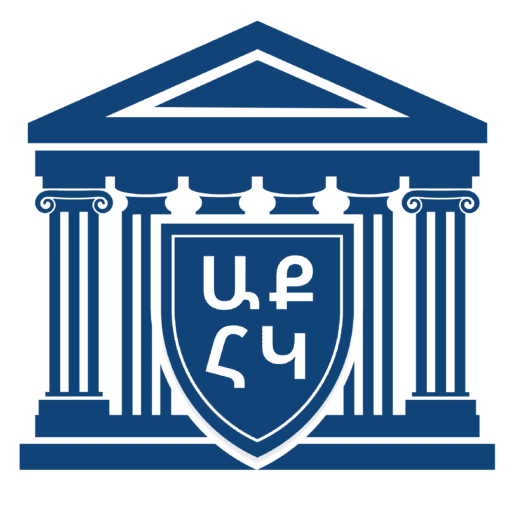In response to the question “Who is an Armenian?”, 19th-century intellectual Raphael Patkanyan once wrote: one who places Armenia’s interests above all else. More than 130 years after his death, this definition still holds true for some—though not all. The problem lies with individuals who perceive Armenia’s challenges through the prism of their own personal interests and worldviews, often shaped by prolonged absence from the homeland. These are people who tend to “care” about Armenia only when developments in the country begin to diverge from the values and narratives dominant in their countries of residence.
This issue extends beyond isolated individuals. In Russia, a whole group has emerged that shares this attitude toward Armenia. Alongside many upstanding Russian citizens of Armenian descent, there exists a certain imagined community made up of oligarchs, academics, and media personalities—people whose underlying aim seems to be the defense of Russia’s imperialist and chauvinistic interests in every sphere. This dynamic could perhaps be dismissed as their own internal affair, were it not for the fact that these same individuals occasionally “remember” that their surname ends in “-yan” and thus insert themselves—openly or covertly—into Russia’s hybrid operations against Armenia, all the while speaking from those same imperialist-chauvinist positions.
Whether acting independently or under direct or indirect influence, these people engage in Armenian affairs only when something in the country begins to pose a perceived threat to Russian interests. It is disheartening to note that this seems to be a distinctly “Armenian” phenomenon. For instance, in Russian-Azerbaijani relations, it is exceedingly rare to find Russians with Azerbaijani heritage being used as hybrid instruments of policy.
Our reference to those acting “within the limits of their capabilities” is no accident. For instance, while representatives of the academic community tend to be more restrained—limiting themselves to the occasional public statement (such as Sergey Kurginyan, Alexander Chubaryan, or Sergey Karaganov)—those in the media often enthusiastically promote the notion that Armenia will collapse as a state if it drifts from Russia’s orbit. Some go as far as inciting unrest and calling on people to take to the streets and engage in unconstitutional acts (e.g. Margarita Simonyan, Semyon Bagdasarov). Meanwhile, several wealthy members of this community—either personally or via proxies—seek to influence Armenia’s domestic political processes (e.g. Samvel Karapetyan, Karen Karapetyan, Ruben Vardanyan).
In the logic of hybrid warfare, every conceivable arena becomes a battleground for action against Armenia—from internal political disputes to Armenian-Azerbaijani and Armenian-Turkish relations, or even the tensions between the government and the Church. Recruited Russians—who have suddenly “remembered” the Armenian suffix in their surnames—are now at the forefront of this hybrid assault, despite having never previously dared to voice even minimal objection to Russia’s aggressive moves against Armenia.
It is thus with regret that one must acknowledge the failure of Raphael Patkanyan’s words to become a cornerstone of Armenian identity and national self-awareness. Instead, for decades, the Armenian collective has enthusiastically embraced and “nurtured” individuals whose only claim to Armenian-ness lies in a surname ending in “-yan”—individuals who ultimately exploit that connection to fracture, poison, and destabilize our shared life, only to deliver it up to their true masters.
Robert Ghevonyan

